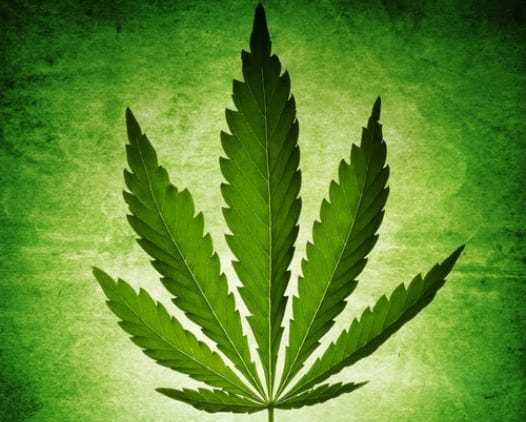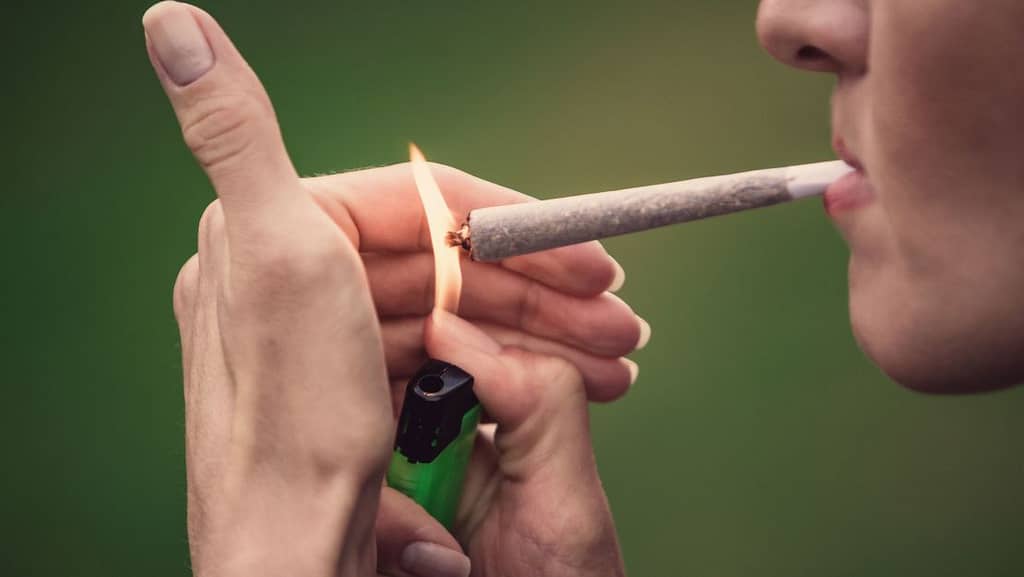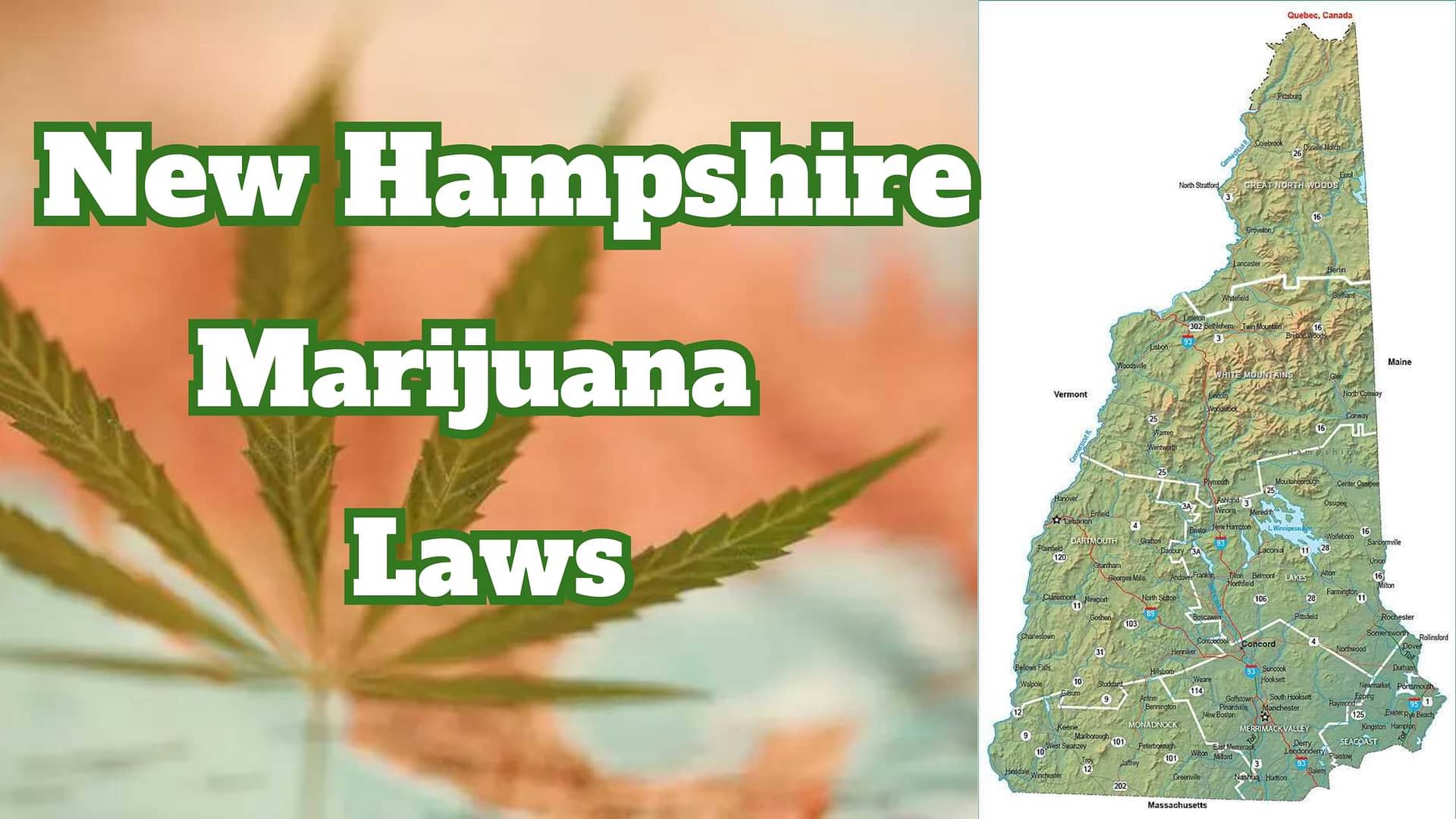When it comes to marijuana laws in New Hampshire, understanding the rules is essential, especially if you're 18 or older. In the state, possessing less than ¾ of an ounce of marijuana falls under a specific category known as a violation. What this means is, if you're caught with a small amount of marijuana, you won't be facing severe legal consequences.
For first and second offenses, the penalty you might face is a fine of $100. However, these laws are just the tip of the iceberg. In this guide, we'll explore New Hampshire's marijuana regulations, from medical use to the ever-evolving landscape of recreational cannabis.
Table of Contents
- 1 Historical Overview of New Hampshire Marijuana Laws
- 2 Current Status of Medical Marijuana in New Hampshire
- 3 Recreational Marijuana Laws
- 4 Decriminalization of Marijuana
- 5 Public Health and Marijuana Use
- 6 Regulatory Challenges for Cannabis Businesses
- 7 A Comparative Analysis with Neighboring States
- 8 Navigating Possession, Cultivation, and Distribution Laws
- 9 The Future of New Hampshire Marijuana Laws
- 10 Conclusion
- 11 Frequently Asked Questions (FAQs)
- 12 What are the qualifying conditions for medical marijuana in New Hampshire?
- 13 Is recreational marijuana legal in New Hampshire?
- 14 What are the penalties for marijuana possession in New Hampshire?
- 15 Can I grow my own marijuana plants in New Hampshire?
- 16 How do I obtain a medical marijuana card in New Hampshire?
- 17 What are the restrictions on the forms of medical marijuana in New Hampshire?
- 18 How is New Hampshire's approach to marijuana laws different from Vermont and Maine?
- 19 Are there any proposed bills to change marijuana laws in New Hampshire?
- 20 How do New Hampshire's marijuana laws affect businesses in the cannabis industry?
- 21 What are the public health concerns associated with marijuana use in New Hampshire?
Historical Overview of New Hampshire Marijuana Laws

New Hampshire's journey with marijuana legislation dates back several decades. The state originally passed laws prohibiting marijuana use, but over the years, it has seen significant changes. In 2013, New Hampshire took a major step by legalizing medical marijuana. This allowed individuals with certain medical conditions to access cannabis for therapeutic purposes. Since then, the state has been contemplating further reforms.
Current Status of Medical Marijuana in New Hampshire
As of the most recent laws, New Hampshire permits the use of medical marijuana for a specific list of qualifying conditions. Patients must register with the state and obtain medical marijuana cards to access cannabis through licensed dispensaries. However, restrictions still apply, and only specific forms of marijuana products are allowed.
| Qualifying Conditions | Regulatory Details |
| Cancer | Patients must have a valid medical marijuana card. |
| Chronic Pain | Registered patients can purchase specific forms of cannabis. |
| Glaucoma | Dispensaries are licensed to provide medical marijuana. |
| HIV/AIDS | Medical marijuana use is strictly regulated. |
| Multiple Sclerosis | Specific forms of marijuana products are allowed. |
| Crohn's Disease | Possession and use should adhere to state regulations. |
| Parkinson's Disease | Limited forms of marijuana, such as capsules and oils. |
| Epilepsy | Patients are advised to consult physicians for treatment. |
| PTSD (Post-Traumatic Stress Disorder) | Extensive regulations apply to medical marijuana. |
| Any medical condition determined by a qualifying provider | Regulations may change; check with authorities. |
Also, check the current Texas Marijuana Laws in detail.
Recreational Marijuana Laws
Recreational marijuana remains illegal in New Hampshire, but the state's neighbors have taken different approaches. Vermont and Maine have legalized recreational cannabis, which has created a border dynamic that New Hampshire is closely monitoring. There is ongoing debate and speculation about whether New Hampshire will eventually follow suit.
Decriminalization of Marijuana
In 2017, New Hampshire decriminalized the possession of small amounts of marijuana. The penalties for possession have been significantly reduced, though they have not been eliminated entirely. This change in the law aimed to lessen the impact of minor marijuana-related offenses on individuals' lives.
Laws And Regulations Of Marijuana
Public Health and Marijuana Use

New Hampshire's marijuana laws have far-reaching implications for public health. While medical marijuana can provide relief to those suffering from certain conditions, concerns about recreational use's impact on public health remain. Studies and data collection are ongoing to better understand the health effects of marijuana use in the state.
Regulatory Challenges for Cannabis Businesses
Cannabis businesses operating in New Hampshire face unique challenges. They must adhere to strict regulations and licensing requirements, which vary based on the type of business. The state's regulatory framework is continually evolving as authorities seek to strike a balance between economic opportunity and public safety.
A Comparative Analysis with Neighboring States
New Hampshire's approach to marijuana laws is inextricably linked to its neighboring states. The fact that Vermont and Maine have legalized recreational marijuana creates not only a border dynamic but also economic and political pressure on New Hampshire. It's a case study in the diverse approaches states take to marijuana legislation.
| State | Recreational Marijuana | Medical Marijuana | Decriminalization | Key Points |
| New Hampshire | Illegal | Legal | Yes (Small amounts) | Debates on recreational use. |
| Vermont | Legal (Adult Use Act) | Legal | Yes (Small amounts) | Retail sales for adults allowed. |
| Maine | Legal | Legal | Yes (Small amounts) | Retail sales for adults allowed. |
| Massachusetts | Legal | Legal | Yes (Small amounts) | Retail sales and cultivation. |
| Connecticut | Legal (PA 21-1) | Legal | Yes (Small amounts) | Retail sales and social equity. |
| Rhode Island | Legal (S 568) | Legal | Yes (Small amounts) | Retail sales, home cultivation. |
New Hampshire Marijuana State policy

For those in New Hampshire who wish to understand the state's marijuana laws, it's essential to navigate the rules surrounding possession, cultivation, and distribution. We will provide a detailed breakdown of the regulations governing these aspects.
The Future of New Hampshire Marijuana Laws
The future of marijuana laws in New Hampshire is uncertain but fascinating. Several bills have been introduced in the state legislature, aiming to legalize recreational marijuana. We will explore the current political climate and the prospects for future changes in the law.
Conclusion
In the world of New Hampshire marijuana laws, things are complex but ever-changing. If you're 18 or older and possess a small amount of marijuana, the penalty is usually a $100 fine for the first and second offenses. It's not overly harsh. Medical marijuana is allowed, but the conditions for its use are specific. New Hampshire hasn't yet embraced recreational marijuana like some of its neighbors.
However, the future is uncertain, with ongoing debates and legislative actions. As you navigate these laws, remember to stay informed because they may evolve. We hope this guide has shed light on the current landscape and potential changes in the world of marijuana in the Granite State.
Frequently Asked Questions (FAQs)
What are the qualifying conditions for medical marijuana in New Hampshire?
Qualifying conditions include cancer, chronic pain, and several others. The list is periodically updated.
Is recreational marijuana legal in New Hampshire?
No, recreational marijuana remains illegal in the state.
What are the penalties for marijuana possession in New Hampshire?
Penalties vary depending on the amount of marijuana possessed, with decriminalization measures in place for smaller quantities.
Can I grow my own marijuana plants in New Hampshire?
Growing marijuana for personal use is currently illegal in the state.
How do I obtain a medical marijuana card in New Hampshire?
To obtain a medical marijuana card, you must have a qualifying condition and register with the state.
What are the restrictions on the forms of medical marijuana in New Hampshire?
The law allows for specific forms of marijuana products, such as capsules, tinctures, and oils.
How is New Hampshire's approach to marijuana laws different from Vermont and Maine?
Vermont and Maine have legalized recreational marijuana, while New Hampshire has not.
Are there any proposed bills to change marijuana laws in New Hampshire?
Yes, several bills have been proposed to legalize recreational marijuana.
How do New Hampshire's marijuana laws affect businesses in the cannabis industry?
Businesses must adhere to strict regulations and licensing requirements, which can be challenging.
What are the public health concerns associated with marijuana use in New Hampshire?
Public health concerns include the potential for increased marijuana use, especially among young people.

MS, RD
Laura Reynolds is a registered dietitian (RD) with extensive experience in counseling individuals on adopting healthy dietary habits. Her well-researched and evidence-based reviews reflect her commitment to promoting overall wellness through proper nutrition.













+ There are no comments
Add yours